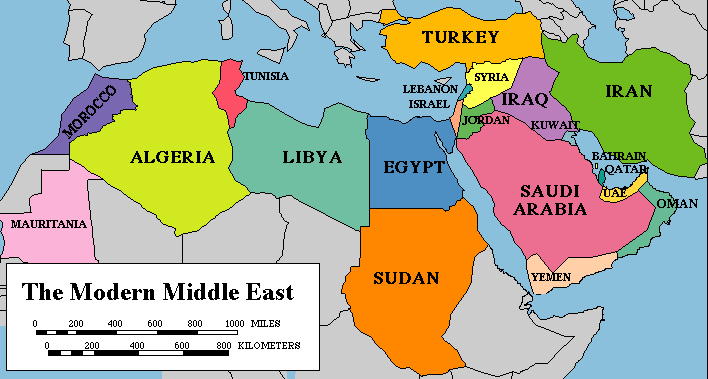THE MANY problems faced by Britain – whether economic or social – are not going to be solved by screaming and shouting. Thus, the National Liberal Party is not interested in ‘hitting the headlines’ using the tired formula of macho–posturing and gesture politics. These problems will only be overcome by a combination of careful thought and action.
This means that we favour informed and reasoned debate. Here we concentrate on arguments, points of view and facts. We are not interested in personalities, prejudice or promoting self-interest.
The National Liberal Party seeks to build an organisation that encourages free speech and debate. To do this, we also attempt to take into consideration as many views as is possible in open debate. Thus, members and supporters are always encouraged to have their say.
We’re also interested in encouraging people to develop their debating skills. That’s why the NLP has introduced a new series of articles called Have Your Say! Whilst each subject will be announced on this web-site, they’ll be conducted in full on the National Liberals Facebook site, which can be found here: https://www.facebook.com/groups/52739504313/
Before we start this debate we’d like to remind folks of our ground rules:
• First of all, say what you think – but think what you say.
• Secondly, just debate the issue(s) raised. There should be no personal attacks.
• As previously noted, we’re simply not interested in personalities.
• Please note that we may ask selected members and supporters to play ‘devil’s advocate’. Hopefully, this’ll help sharpen the debating skills of all involved!
• Finally, it should be remembered that all of the views expressed in Have Your Say! are personal and should not be taken to be the official view of the NLP itself.
Our latest debate revolves around the Middle East.
It’s a sad fact that – since time immemorial – the whole history of the Middle East appears to consist of one conflict after another. Sometimes one Arab nation is at the throat of another. At other times, one Arab nation comes into conflict with Israel. The perpetual conflict between the Israelis and Palestinians appears to be never ending. Added to this mix are the many ‘internal’ wars between differing Arab groups, organisations and factions.
However, it appears that ever since the ‘Arab Spring’ events have gone from bad to worse. There’s no question that ever since the US and UK establishments became more intimately involved in the internal affairs of nations – in particular Iraq, Libya and Syria – there’s been nothing but death and destruction, seemingly on an unprecedented scale. The rise of Islamic State is witness to that.
Therefore, our question is simple – will peace ever be achieved in the Middle East?
• THIS ARTICLE should be read in conjunction with the following:
































